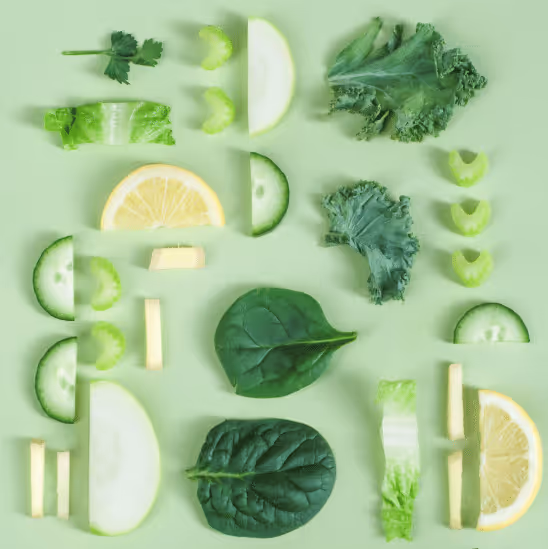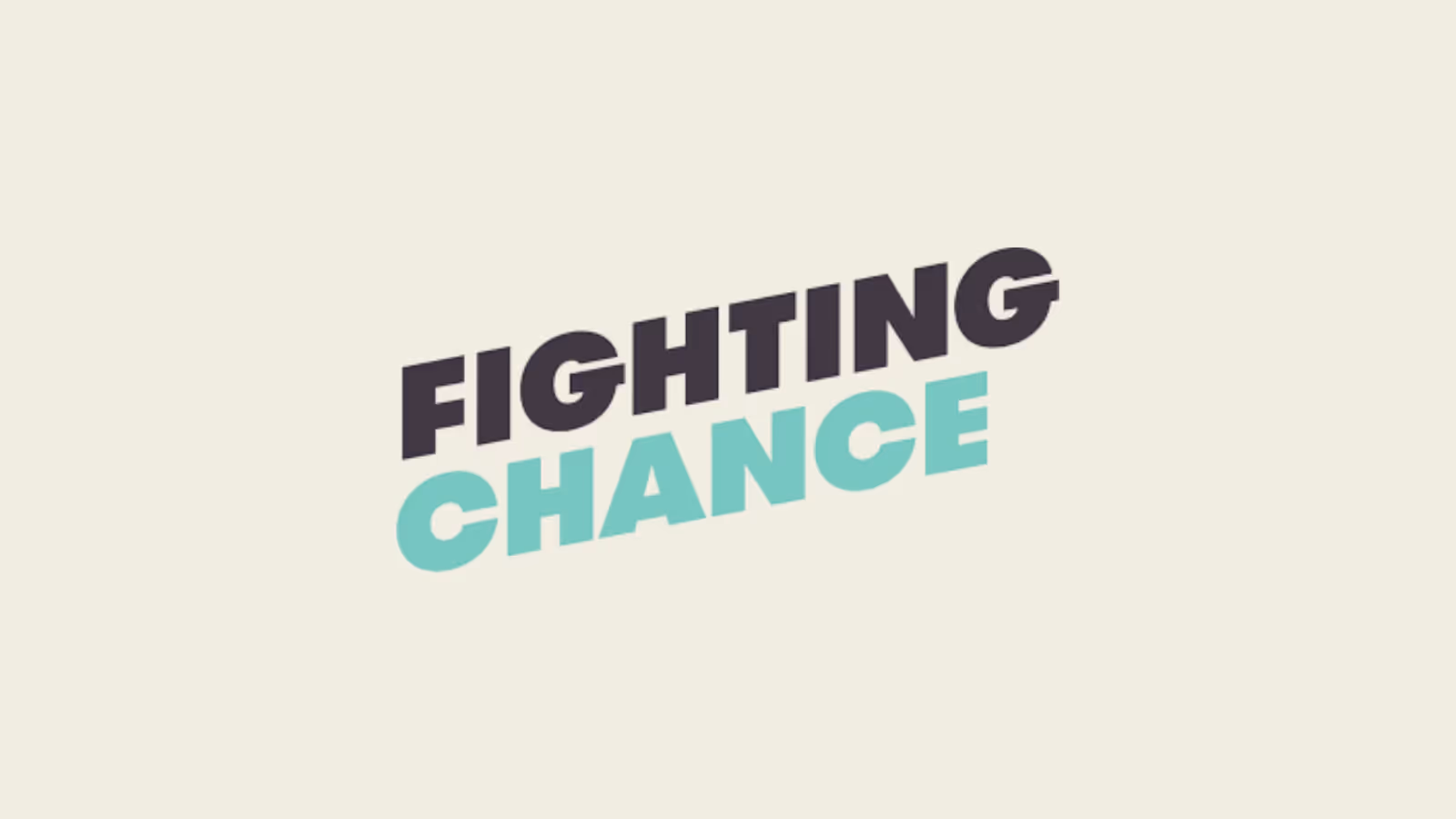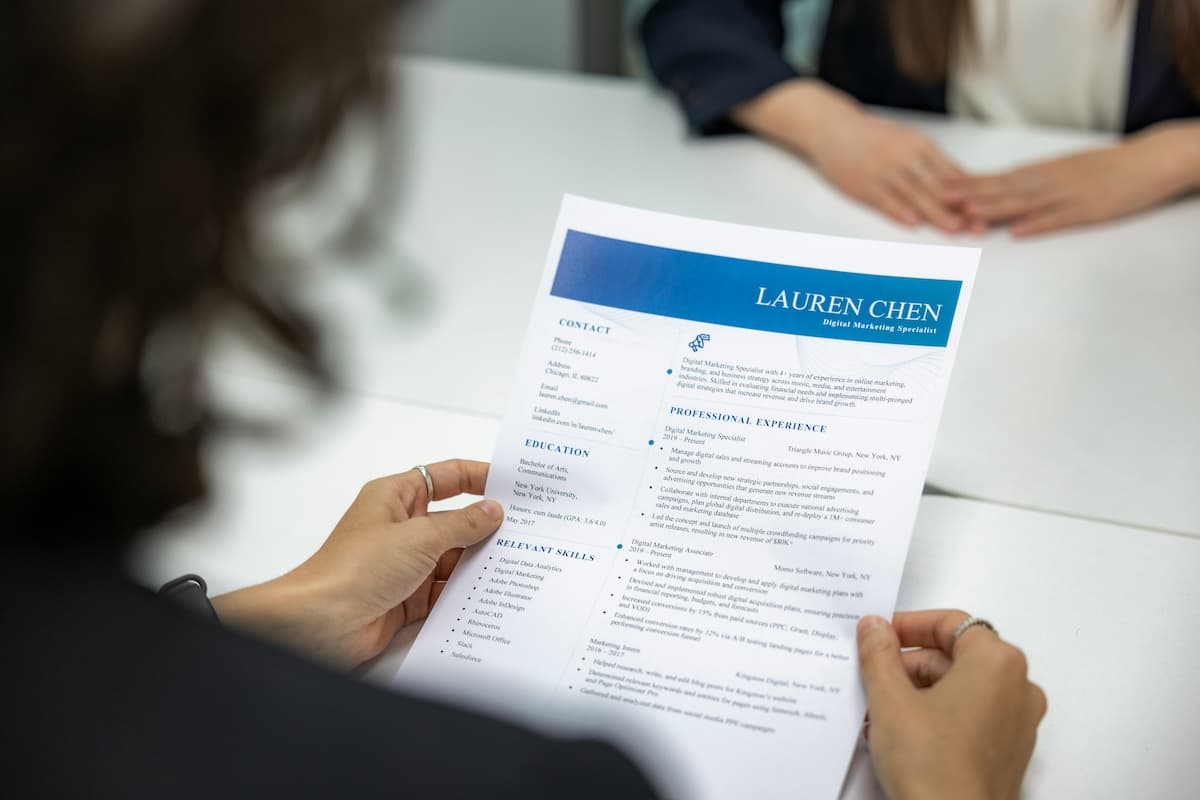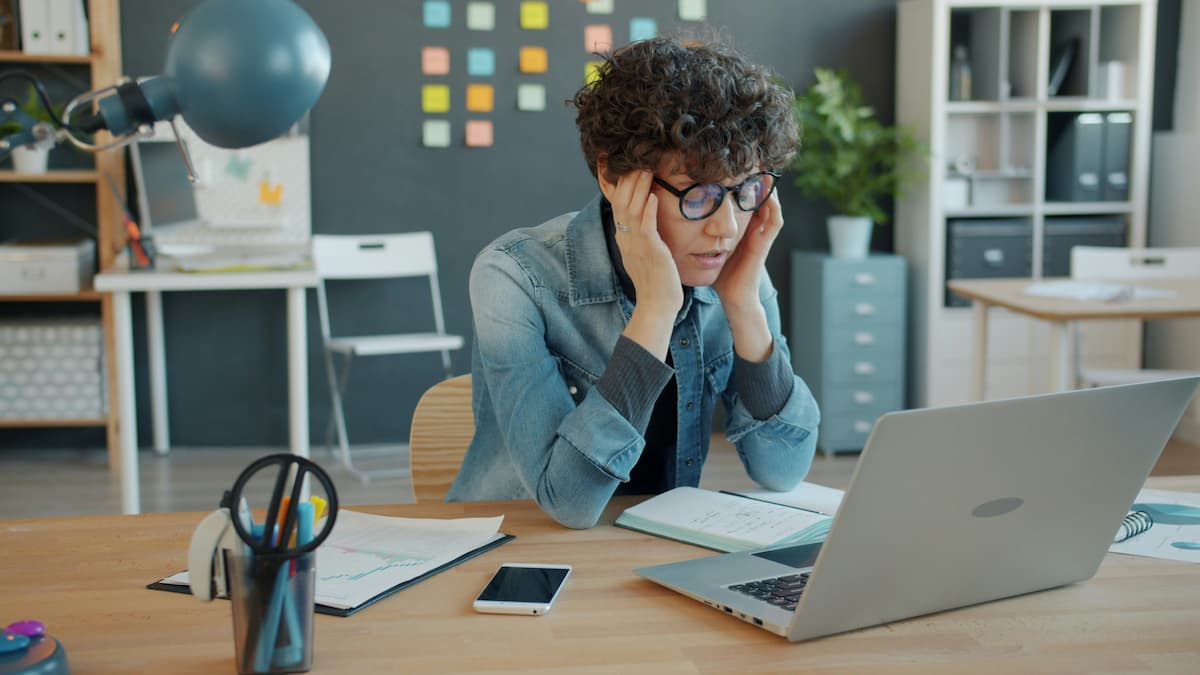Eating for Mental Health
Discover how healthy eating boosts both physical and mental health outcomes.

The Role Of Food In Our Mental Health
We know how good our bodies feel when we’re eating healthily. But it might be a surprise to learn eating healthily can help our mental health as well as our physical health.
Our brains are part of our bodies, and need good nutrition to work well. When we aren’t nourishing our bodies and brains with good food, we can sometimes find our mood and mental health suffer.
We can also find when we’re having a life crisis or a tricky time with our mental health, our eating habits can get out of whack. While it’s easier said than done, sticking to good eating habits is a big part of managing and recovering from a challenging time for our mental health.
This article explores how we can eat well for mental health, and some tips for keeping up good eating habits when times are tough.
How Food Can Change Your Mental Health
Our bodies and brains need energy, vitamins and minerals not just for our physical health, but for our mental health too.
Ideally we’d be eating a balanced diet of veggies, fruits, protein, wholegrains, dairy and some healthy fats, all minimally processed and fresh, washed down with lots of water, and minimal sugar. This pattern of eating has been found to promote physical and mental health.
We live in the real world, though, and we often find what we’re eating is less than ideal. Here are some common problems people find with food, and the ways these problems can affect our mental health:
Not Eating Enough
When we’re busy, stressed, working really hard, or in the middle of a difficult time, it can be hard to eat enough to keep us going.
For some people, controlling the amount they eat can give them a sense of being ‘in charge’ of at least one thing when life feels out of control.
Impact on mental health
Blood sugar fluctuations from not eating regularly and/or not eating enough can cause us to have a ‘crash’, which can leave us feeling fatigued, unmotivated, depressed, or anxious.
Eating Too Much Sugar
Sugar is sneaky and often hides in many processed or convenience foods, like pre-made meals, museli bars or drinks (e.g. soft drink and fruit juice).
Impact on mental health
Again, eating too much sugar can cause our bodies to have dramatic ‘peaks’ and ‘troughs’ in our blood sugar, which can have us feeling full of beans and jacked up one minute and flat and tired the next.
Not Getting Enough Nutrition
Even if we’re eating regularly and a good amount, we can still find what we’re eating isn’t supplying our body with the nutrition it needs, leading to deficiencies.
This is a common problem if our diet doesn’t include a wide variety of foods, or if we rely a lot on processed and convenience foods.
Impact on mental health
Common nutrient deficiencies, like iron, B12, zinc and vitamin D often have symptoms around our mental health, like feeling tired, unmotivated, anxious or irritable.
Not Drinking Enough Water
Our brains are predominantly water and if we’re not getting enough water each day, they start to suffer.
This is particularly true if we’re working our bodies hard in a hot environment, and/or drinking lots of sugary or caffeinated drinks which can dehydrate us further.
Impact on mental health
Headaches, tiredness, brain fog/confusion can happen when we aren’t drinking enough. If it feels like your head is full of cotton wool and you can’t think straight, it might be a good idea to check you’re getting enough water.
Eating Well in Difficult Times
We know eating well is good for our mental health. But there are lots of times in our lives when eating well takes a back seat to a more pressing life crisis, or we’re struggling with a mental health challenge and it all just seems too hard.
Doctors, counsellors and psychologists will often look to a change in eating habits – wanting to eat all the time or not at all – as a sign a person’s mental health is suffering, or they are having a hard time. And it can be a really unfortunate spiral for people to get into.
Let’s imagine someone is feeling depressed. They feel tired and unmotivated, and like everything is too much effort. The thought of cooking and eating – let alone washing up after preparing a meal – is overwhelming. So they grab a quick, cheap and easy take away from the drive through on their way home from a long day at work.
The sugary drink and the greasy burger and fries initially makes them feel better, and gives them a boost – they almost feel normal again – but a couple of hours later they are feeling even more fatigued and listless.
These feelings of tiredness mean they sleep in, and don’t wake up in time to prepare a healthy breakfast the next morning to set them up for a decent day. Instead they grab a coffee and head into work on an empty stomach.
Now imagine this pattern repeating over and over again, and you can start to see how someone who was already in a not-great spot gets stuck in an eating pattern that makes them feel worse, rather than better.
Tips For Eating Well For Mental Health Consistently
As hard as it can be when we are in the midst of a difficult time, putting in the effort to look after our bodies with good food can be a massive level up for our mental health. Here are some simple ideas you might like to try to reduce the barriers to nourishing yourself or a loved one who is having a tricky time. Not all will be ideas that appeal to you, so pick and choose what could be worth trying:
Use pre-cut, frozen or tinned veggies
If the thought of cutting up a pumpkin to make soup is too much effort, there’s nothing wrong with buying the pre-peeled and pre-cut pumpkin pieces from the supermarket to help reduce the time and effort you spend making a meal.
Same goes for pre-chopped onions from the freezer section, and pre-grated garlic and ginger in a jar. Frozen and tinned veggies are also great budget friendly ways of having an easy, veggie-filled meal on hand when the thought of going to the grocery store is too much.
While we often hear fresh is best, taking a couple of smart short cuts when you’re struggling can mean the difference between having a nutritious and accessible dinner or convenience food – so take the short cuts where you can. Just make sure you choose tinned or frozen fruit and veg with no added salt and sugar.
Make water a no-brainer
We can often forget to drink water when life is overwhelming or we are struggling. This is where using the force of our habits can be helpful.
Whether it’s having a big glass of water first thing in the morning, or every time you walk past the kitchen tap, or making sure you have a 2litre bottle in the car and you aim to get through it by the end of the day, develop a water habit you don’t have to think about and that becomes part of your regular routine.
The less thought and energy you have to put into it, the easier it will be for your brain to make the association between doing X and drinking water.
Bulk Cook
Is there anything better than the smell of home made spag bol simmering away in the slow cooker? The only thing that can top it is making a double batch and freezing some portions for nights when cooking is too much effort and you need a stress-free, delicious meal.
If you can throw in some hidden veggies like grated carrot and zucchini, or a tin of lentils, better still! Same goes for many comforting foods – think soups, casseroles, or hearty bean dishes if you’re veggo. If you’ve got the option to freeze and store, doing a bulk cook when you have the time and energy will come in handy on days when you don’t.
Filling the freezer with healthy, quick and tasty homemade frozen foods is one of the most helpful things you can do for someone who is having a tricky time – a really practical way of showing support.
Work out some ‘fall back’ foods
Sometimes when we’re struggling with a mental health challenge the task of cooking and eating can feel daunting and/or overwhelming.
If that’s something you can relate to, work out some ‘fall back’ foods that are quick, nourishing, easy, give you a combination of veggies/fruits, protein, whole grains and dairy and work for a variety of times of day (eggs on toast works for breakfast, lunch and dinner).
They might not be what you whip up to impress guests, but they will cover your bases nutritionally and be easy and quick to prepare and eat. They will certainly look after your mental health better than eating nothing, or opening a bag of chips or lollies.
Have a list of your top three fall back foods on your fridge to reduce overwhelm. Some good examples of ‘fall back’ foods are:
- boiled egg, whole meal toast, steamed broccoli from the freezer
- rolled oats, yoghurt, milk, banana, and a sprinkle of nuts/seeds like almonds, pepitas, sunflower or linseeds
- vegemite, peanut butter or baked beans on whole meal toast
- an omelet with veggies and maybe some meat and cheese as a filling
- stir fry with rice or noodles
- simple soups like pumpkin, pea and ham, chicken and corn, leek and potato, minestrone or lentil and veg – either home made (chuck the left overs in the freezer) or canned, but check the canned varieties you choose are low salt/sugar.
Eat regularly
Again, this falls into the ‘easier said than done’ category, especially if we’re living through a time of crisis (e.g. caring for someone with a serious illness; coping with the arrival of a new baby; going through acute grief and loss; living through a natural disaster).
But making a point of having something to eat for breakfast, lunch and dinner will go a long way to making sure you are giving your brain the energy and nutrients it needs, and will help you face whatever the day is throwing at you.
Even half a banana gulped down in your one free moment is better than nothing.
Outsource the stress of grocery shopping
A big barrier to healthy eating for people who are struggling with mental health is the process of grocery shopping.
The list making, getting to the shops, walking around the aisles, interaction with strangers, and then lugging everything to the car and into the house can feel like a lot of effort – sometimes too much effort.
Using services like home delivery, offered by major supermarkets, for your groceries can be one way of making it easier to get healthy ingredients into your home on a regular basis.
Major supermarkets have apps to make it even easier to do your shopping from the comfort of home.
Beware of the diet/ fitness/ food industry
When we’re having a mental health challenge we can be particularly vulnerable to messaging from the diet/fitness/food industry about ways of eating or particular ‘miracle’ foods or diets that will solve all our problems.
It would be amazing if veganism, paleo, keto, meal replacement shakes, juice cleanses, fasts etc could really cure all our ills and make our moods perpetually sunny. Who wouldn’t want that? But the reality is anything sounding too good to be true probably is, and more importantly there’s likely to be someone behind the scenes making a lot of money out of struggling people pinning their hopes on a turn-around.
If you find yourself feeling drawn towards ‘miracle’ diets, eating plans or supplements, take a moment to ask yourself: who is selling me this idea, and what do they stand to gain?
Extreme patterns of eating can be dangerous to our mental health: as we’ve talked about, a whole range of mental health challenges are exacerbated by restricted eating, or by radical and sudden changes in our diets. Particular things to watch out for are fasts/cleanses where you’re not giving your brain enough energy, or an eating pattern where you remove an entire food group, like carbs.
The overwhelming research shows eating to protect our mental health is almost boringly simple – eat well, eat regularly, drink enough water and keep it manageable. Return to this as an anchor when you feel yourself lured in by the promise of a quick fix.
Where can I go for more help?
Eating well for mental health is something simple to do, but we can often need a bit of a tune up now and then. Here are some people and places to go to for help:
- Employee Assistance Programs (EAP) like Foremind – confidential, free counselling provided through your workplace, available over the phone or online so you can fit counselling in with your busy life
- General Practitioner (GP) – can look after both your mental and physical health
- Dieticians Australia – https://dietitiansaustralia.org.au/ – the peak body representing professional dieticians in Australia, with lots of information about finding a dietician and eating for mental health
- Butterfly Foundation – support for help with eating disorders and body image concerns over the phone or online via chat, and a website with useful info: https://butterfly.org.au/
- Lifeline – 13 11 14 – free support over the phone available 24/7
- BeyondBlue – https://www.beyondblue.org.au/get-support/talk-to-a-counsellor – offers both telephone and online counselling 24/7.
Introducing Our Contemporary Guide for Business Owners and Leaders
Team mental wellbeing is critical to the success of every business. And the pressures on mental health in the workplace have been at record levels since the pandemic.
Managing your team’s mental wellbeing isn’t a one-and-done process. It takes effort and time. But to get it right will be well worth the effort.
In our guide we will unpack the key steps in creating a psychologically safe workplace that allows your workers and your business to thrive.
Help is always available
Here are some useful resources for more help – for you and for your team:
- Lifeline – 13 11 14 and https://www.lifeline.org.au/ – offers fee, confidential, 24/7 telephone crisis support and lots of info and resources on their website
- Beyond Blue – https://www.beyondblue.org.au/ – info and support about mental health and suicide prevention
- Heads Up – https://www.headsup.org.au/ – the part of Beyond Blue that is specially developed for mental health in the workplace
This post has discussed challenging topics, which can be confronting for particular readers. If you need support, please feel free to contact Lifeline on 13 11 14 or 000 if you need immediate help to stay safe.
Find out more about how Foremind is making access to mental health mainstream for workers and supporting companies manage their Psychosocial Hazard compliance!

Hello 👋 I’m Joel the founder of Foremind.
Are you ready for simplified support & compliance?
Latest insights
Answers to the frequently asked questions.
Email us at enquiries@foremind.com.au and we'll get back to you quickly with a response
Yes, we have culturally competent counsellors available, including those able to work with first nation and CALD employees.
Onshore on secure AWS Servers in Sydney Australia. All data is encrypted in transit and at rest and our entire team is located in Australia.
Employees can access our platform on any device (mobile, laptop, desktop, etc.) as long you have the website link - no need to download any app on devices. You wouldn’t need to enrol any of your staff individually.- When we do our onboarding, we ask for the first name, last name and email of all your employees, and send out an email invite to all them which will allow them to create their own individual account to access the platform. For new staff we can also invite them or provide you with a unique link to embed in your onboarding process, whichever is more convenient for you. We also kick things off with a launch webinar or video to make sure everyone is aware of Foremind and how to use it. We’ll also provide you with any collateral such as posters, QR codes, brochures etc. to help drive awareness and encourage people to create an account in the platform.
The support line is answered by our reception service 24/7. It is for urgent platform or session-related issues only (e.g. *“My counsellor didn’t show”*) or helping staff create an account.






